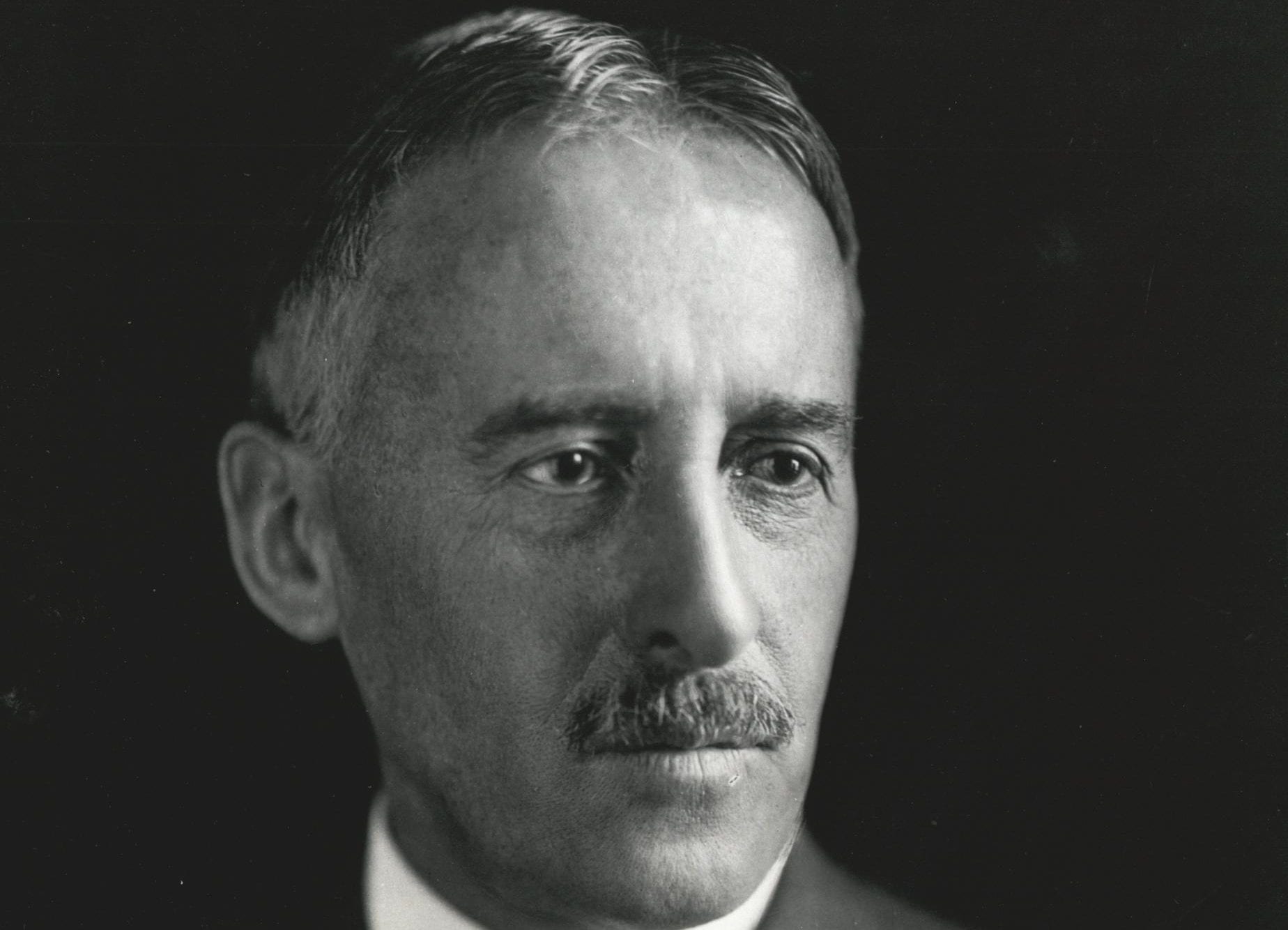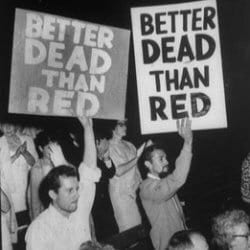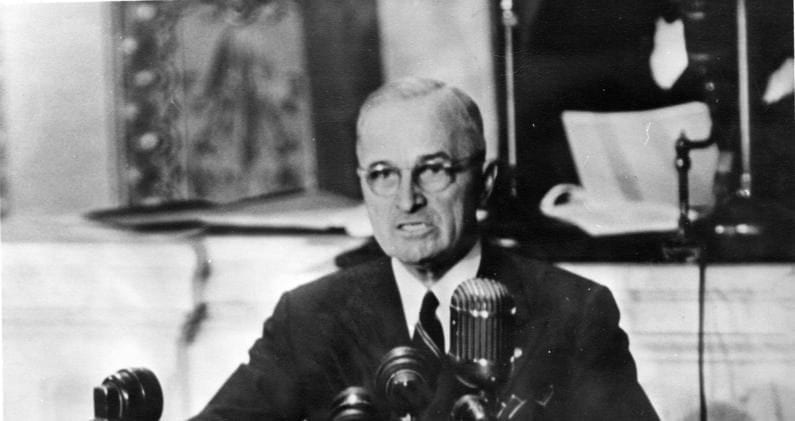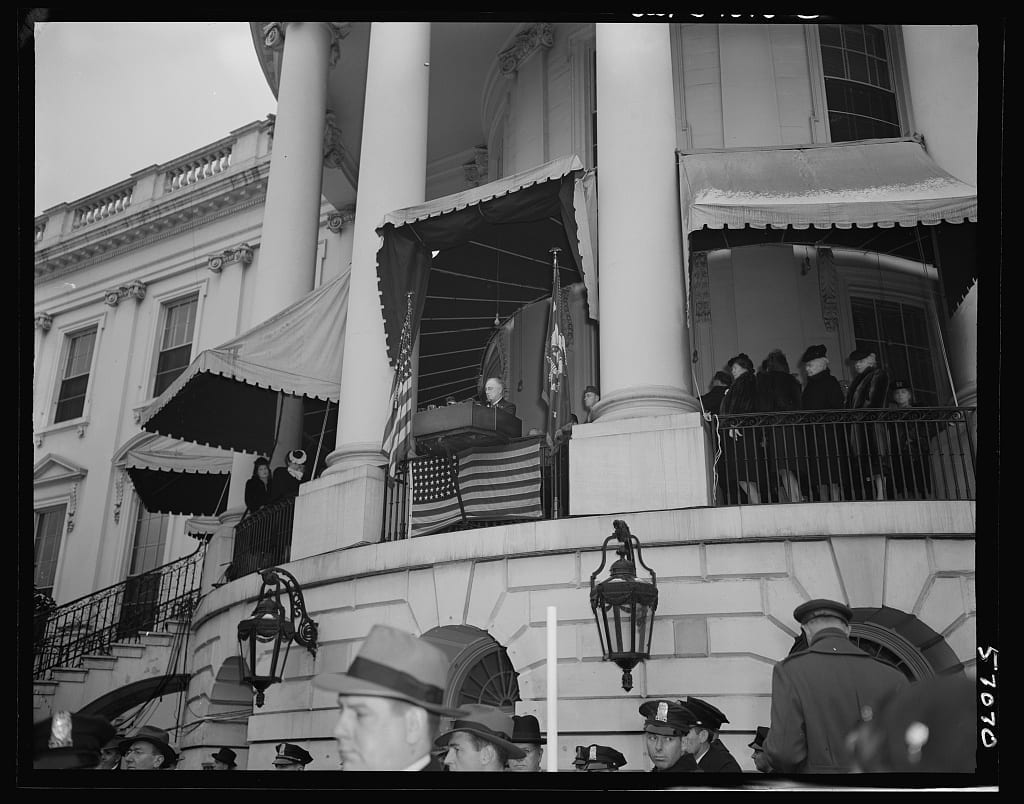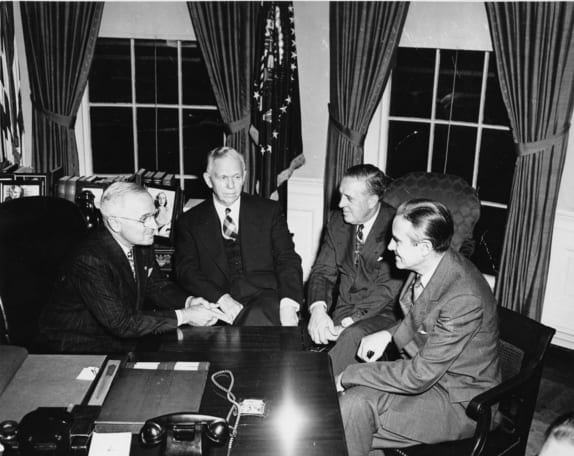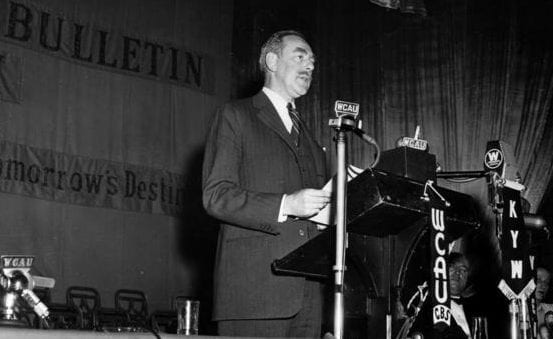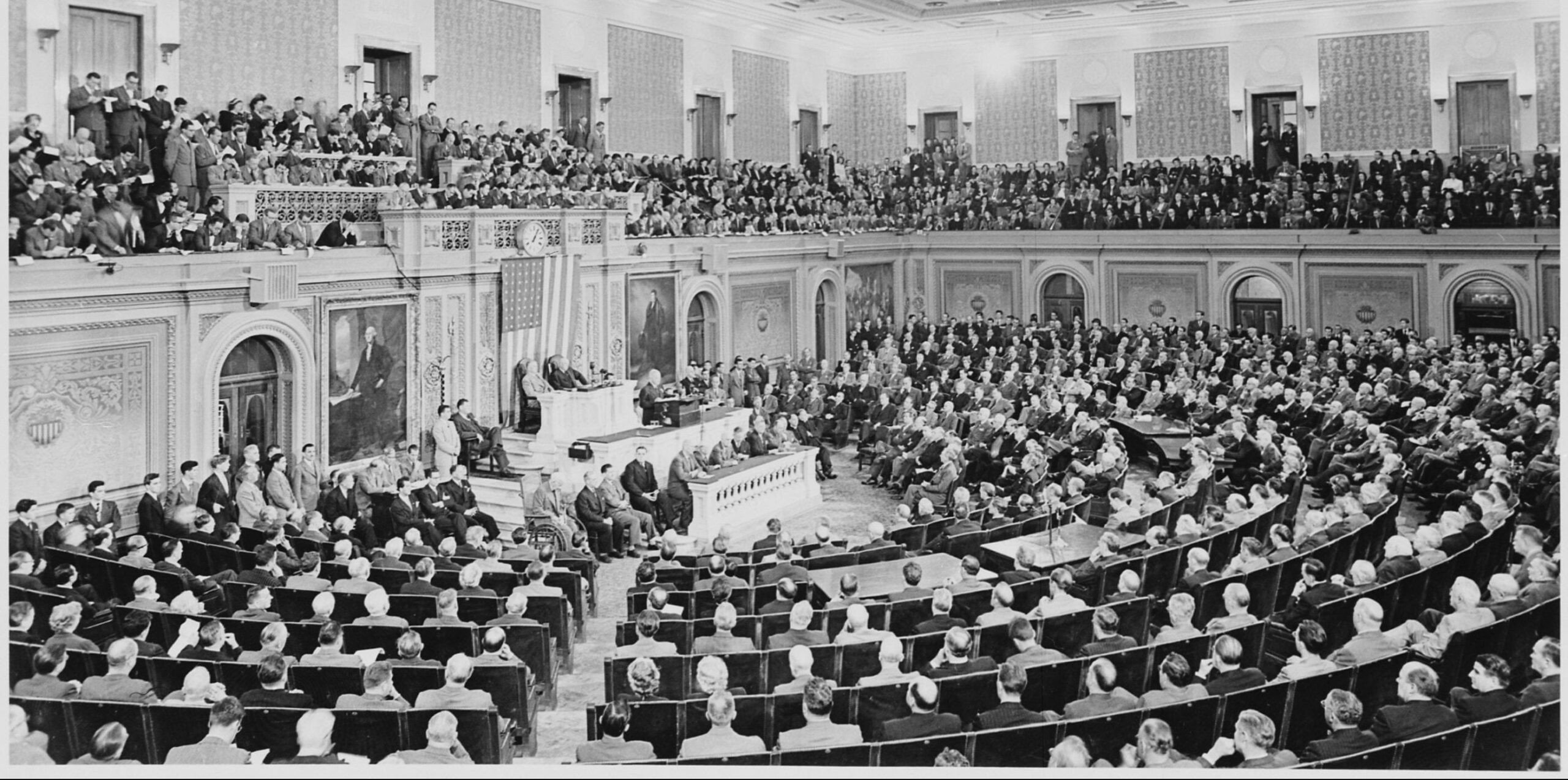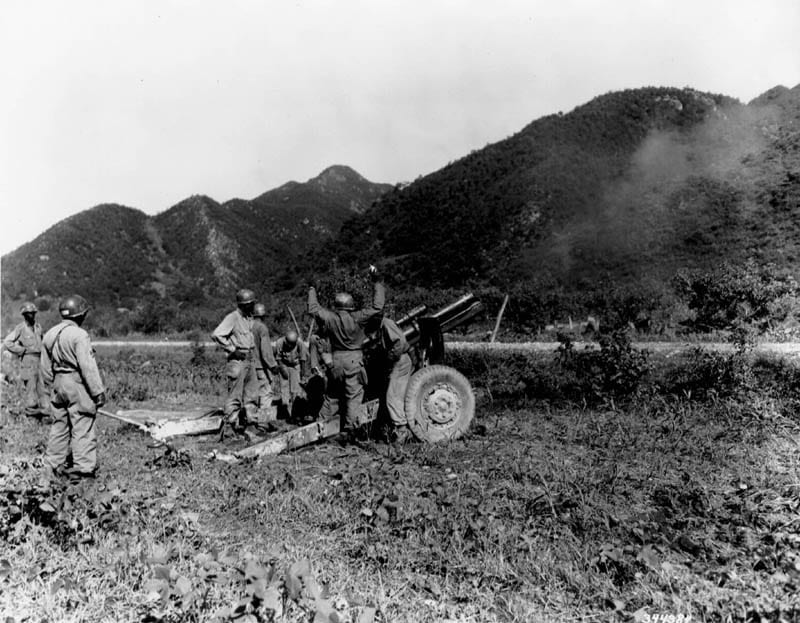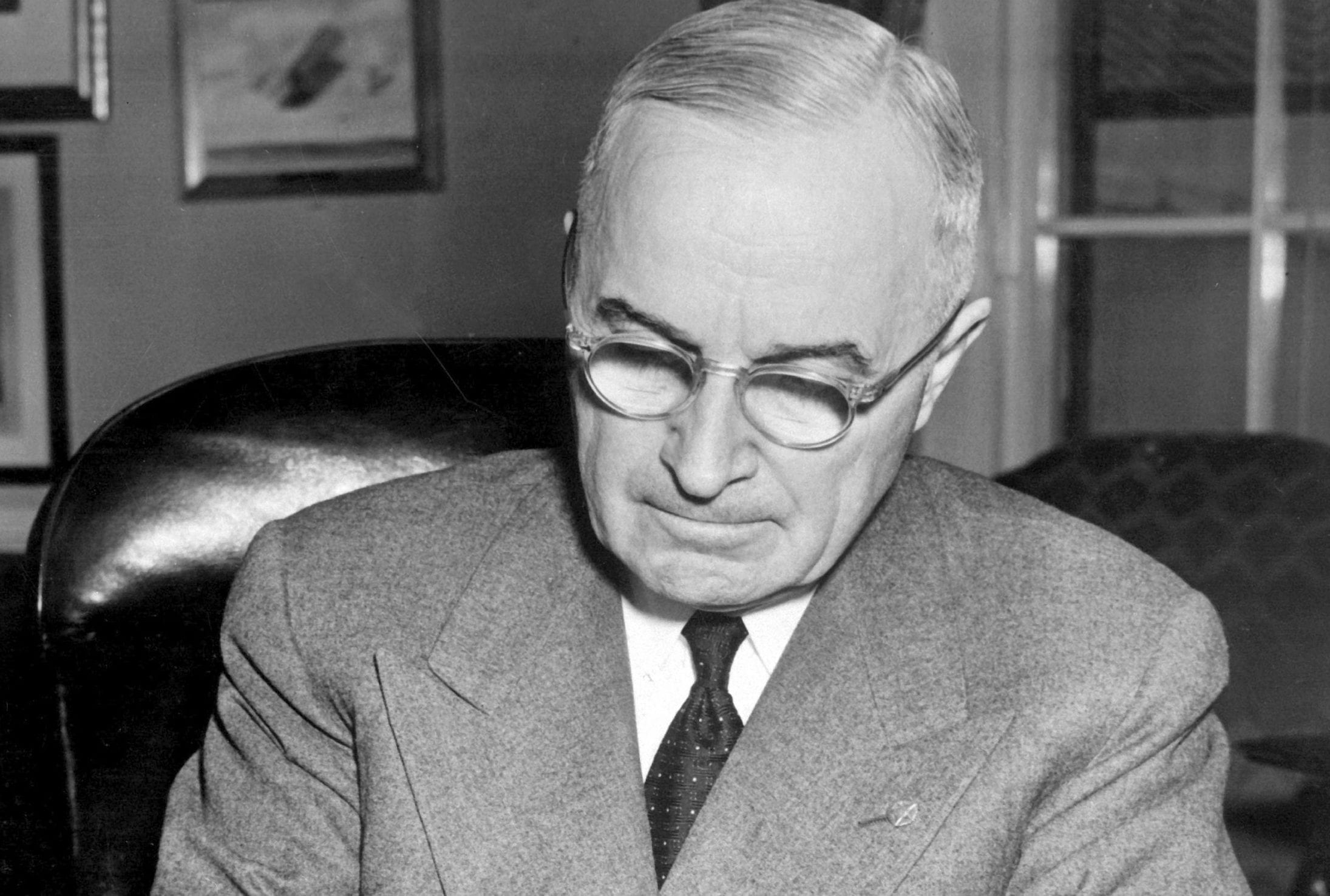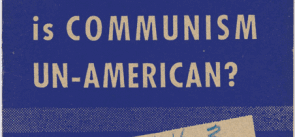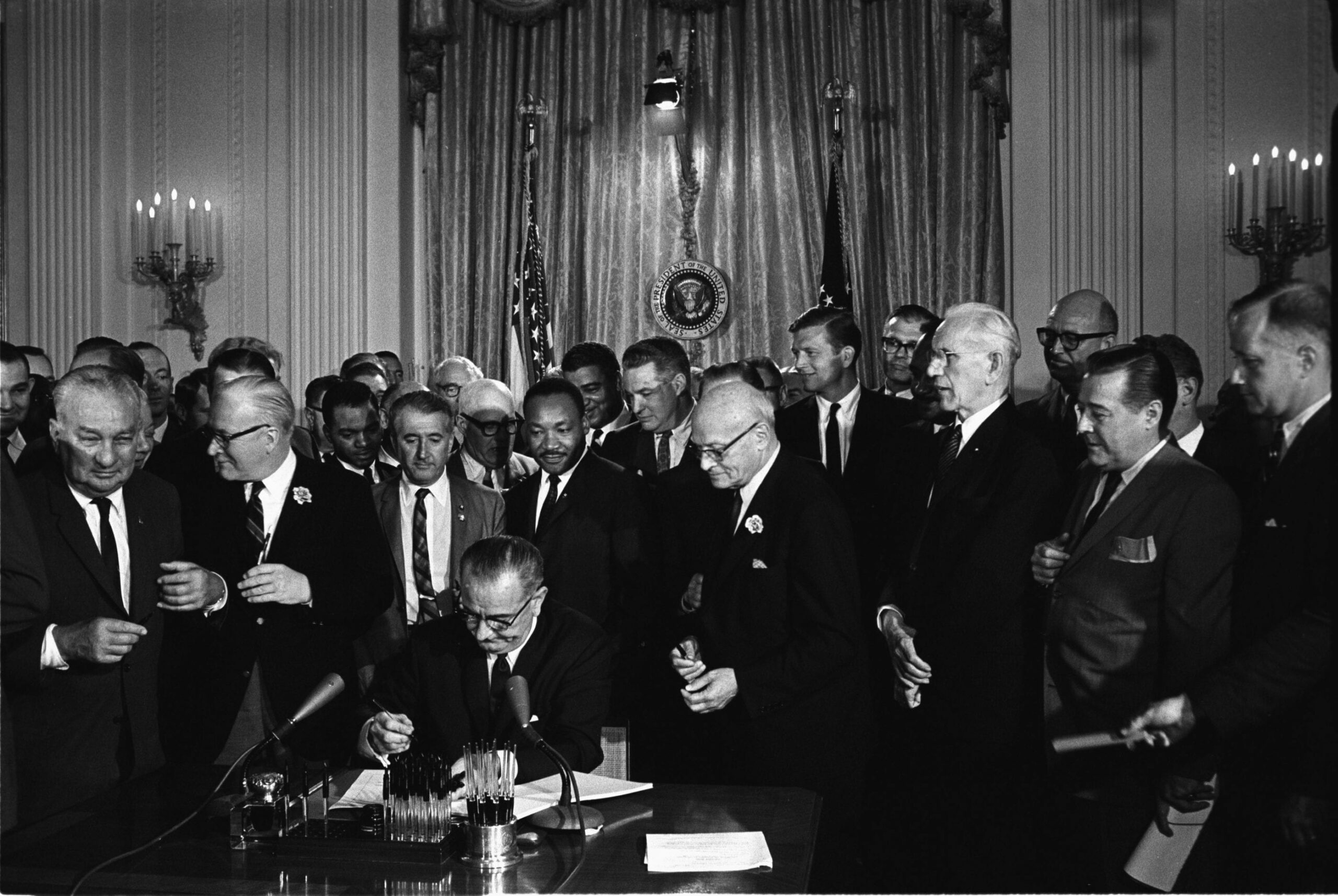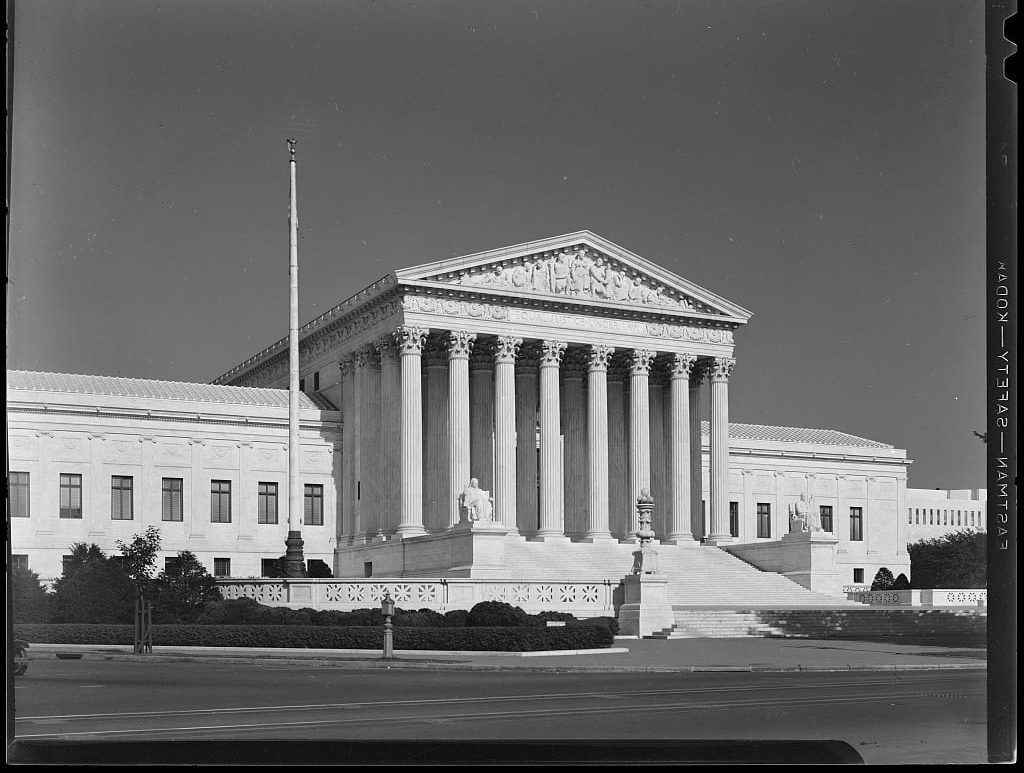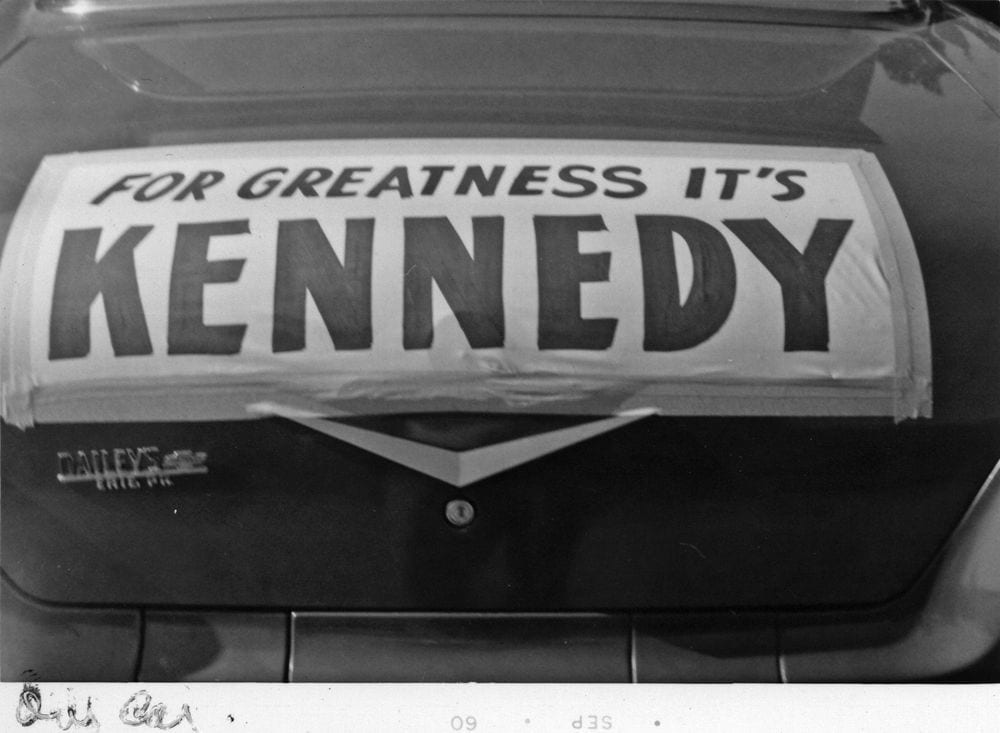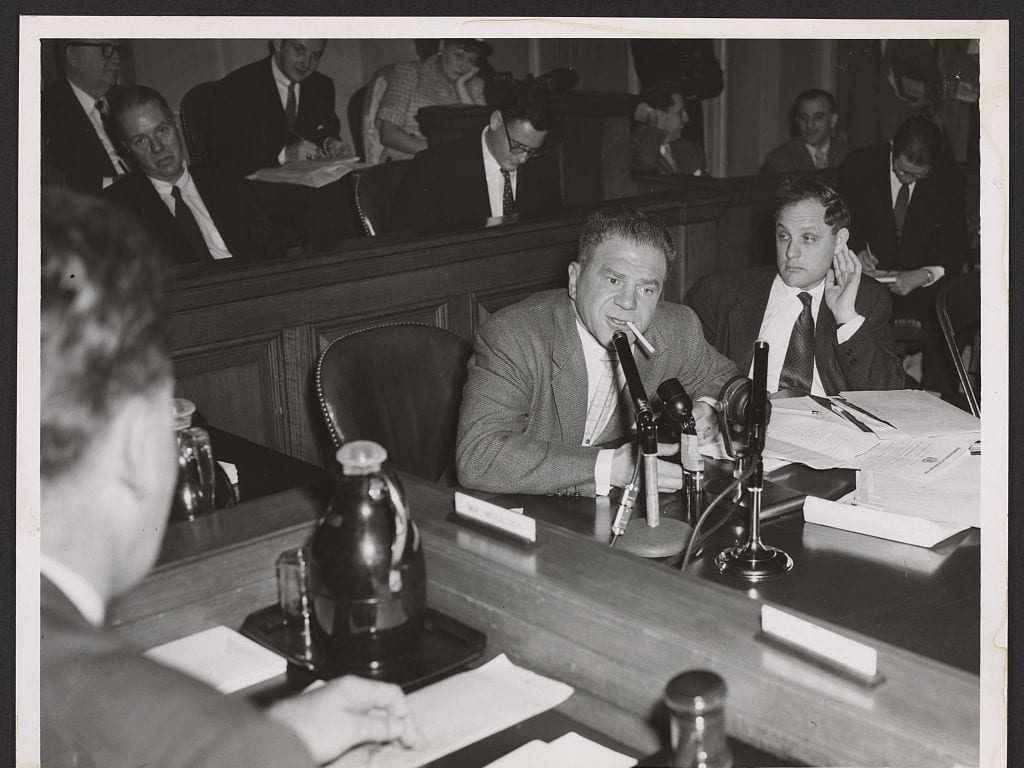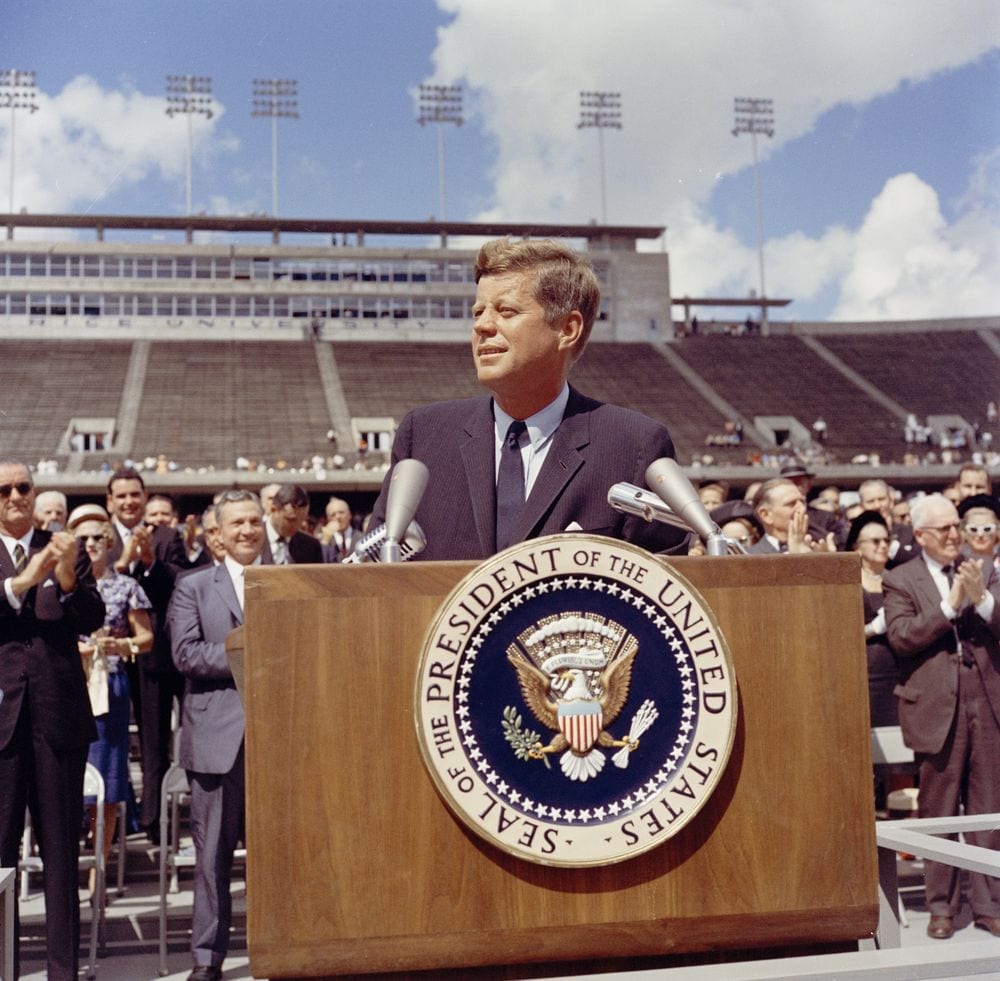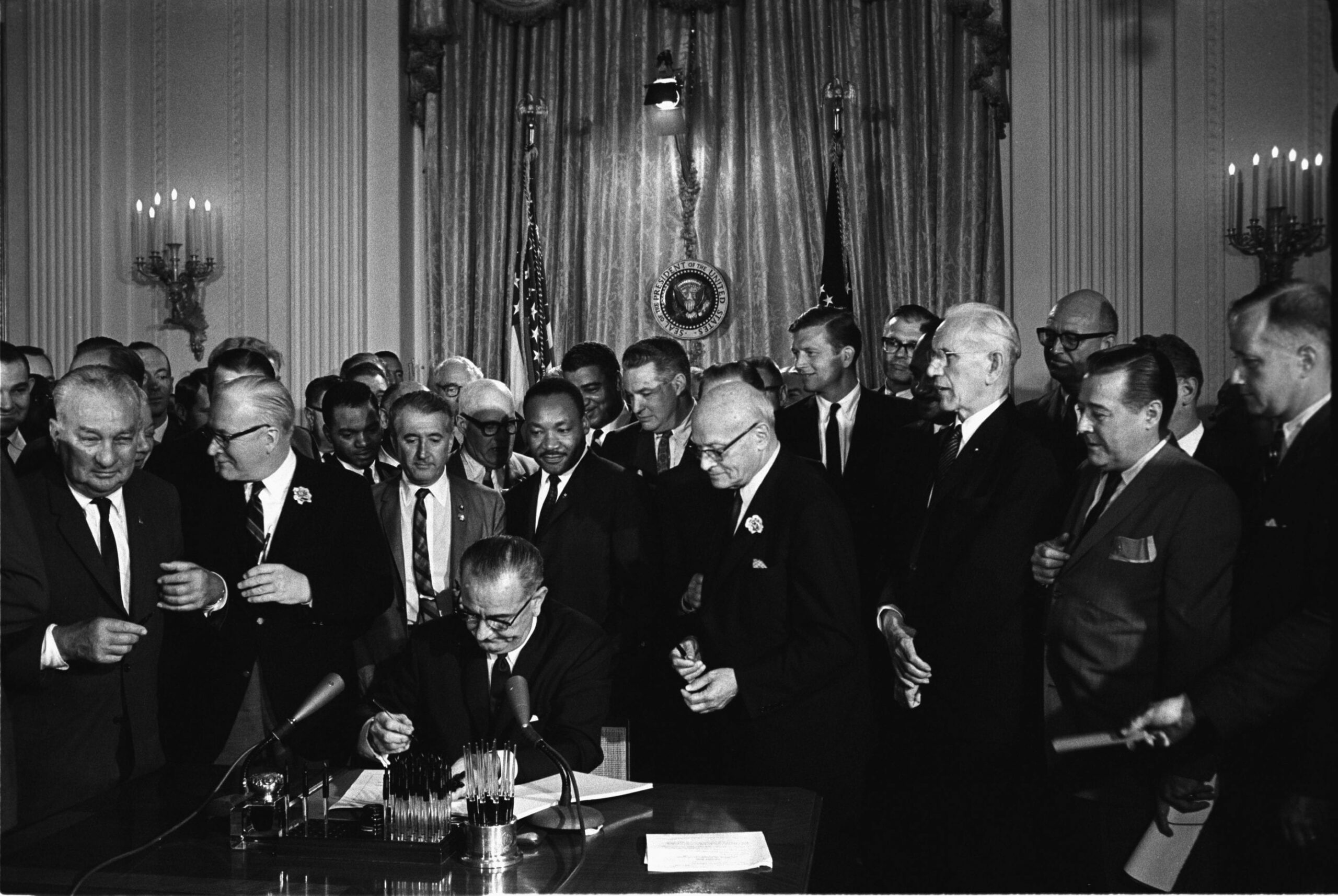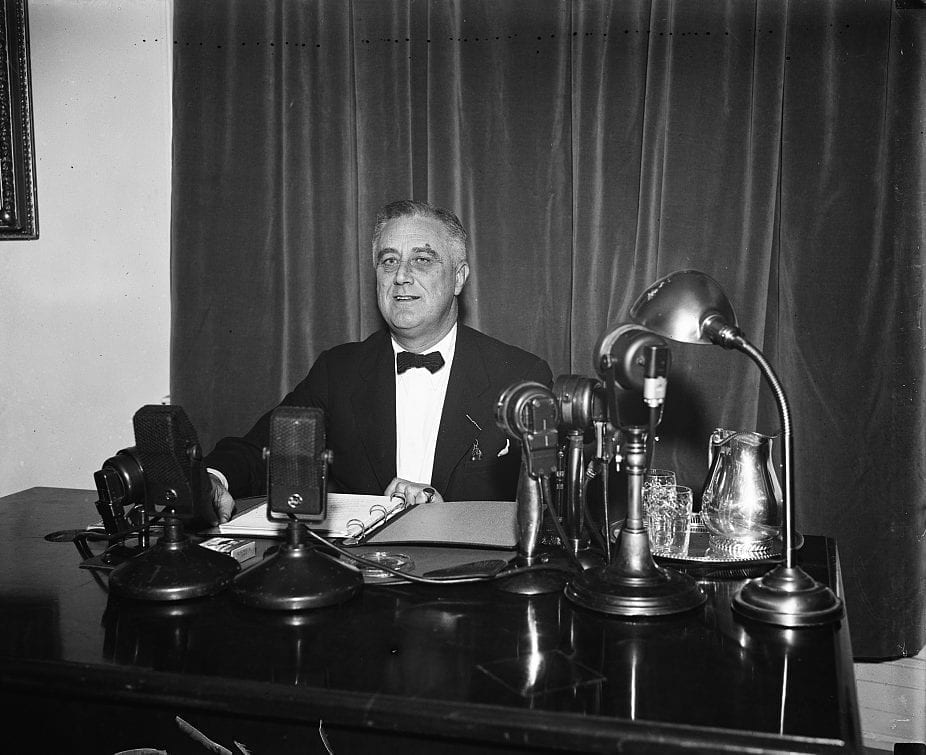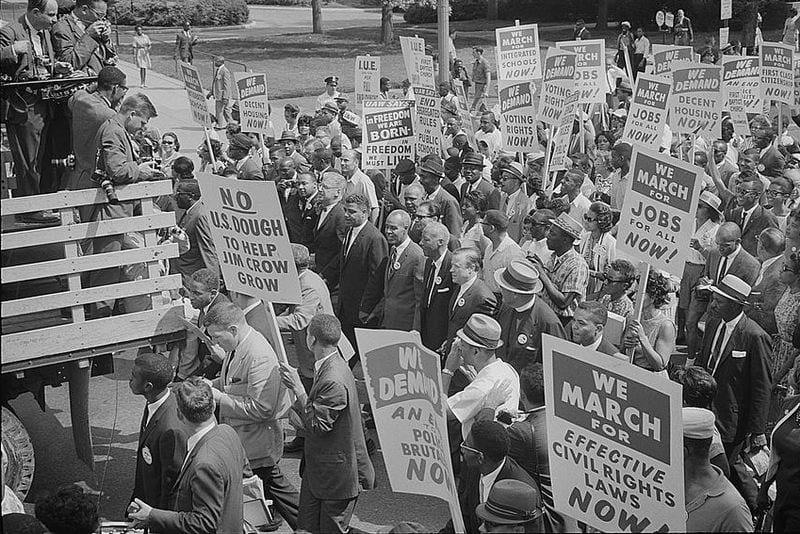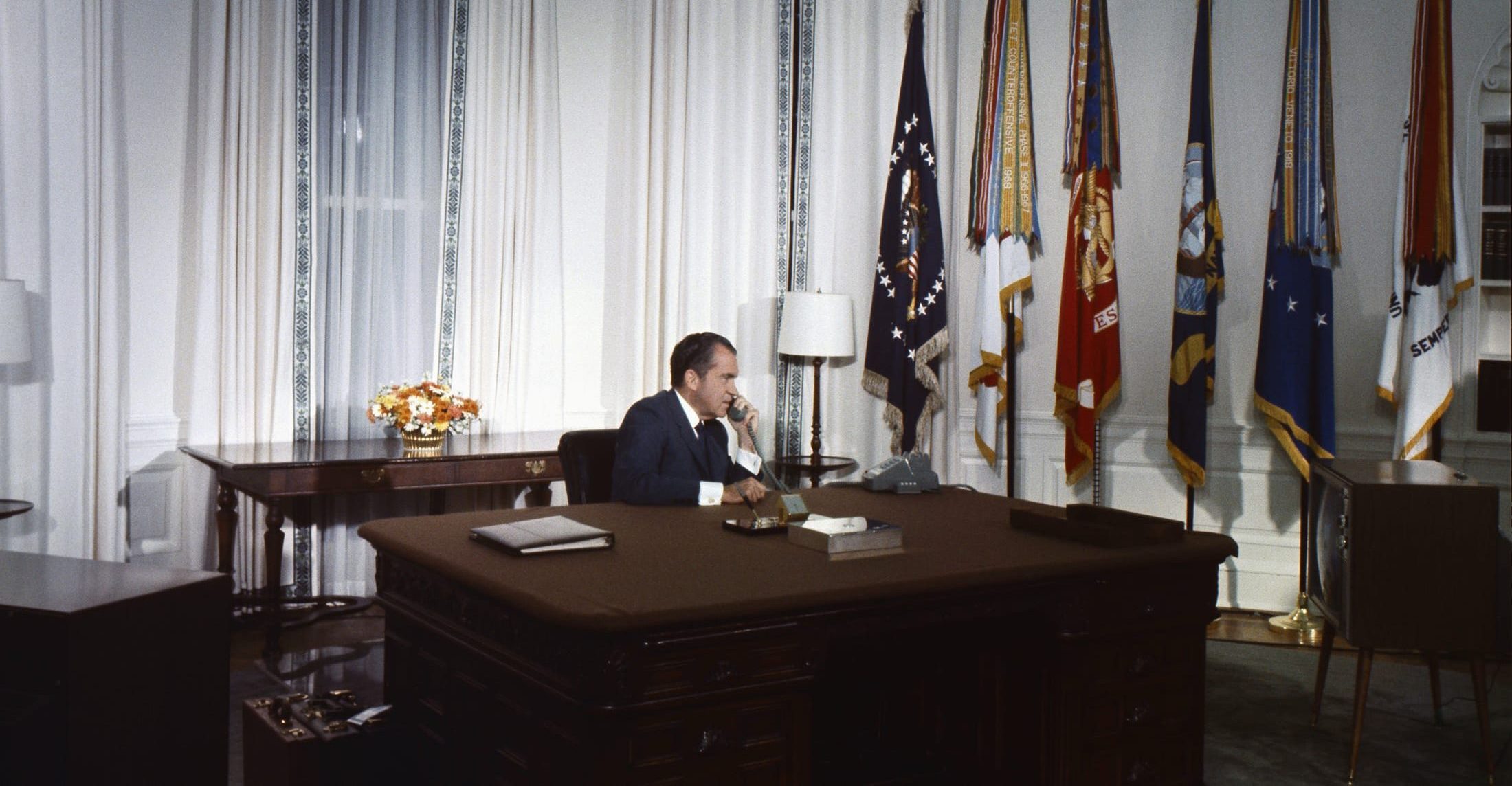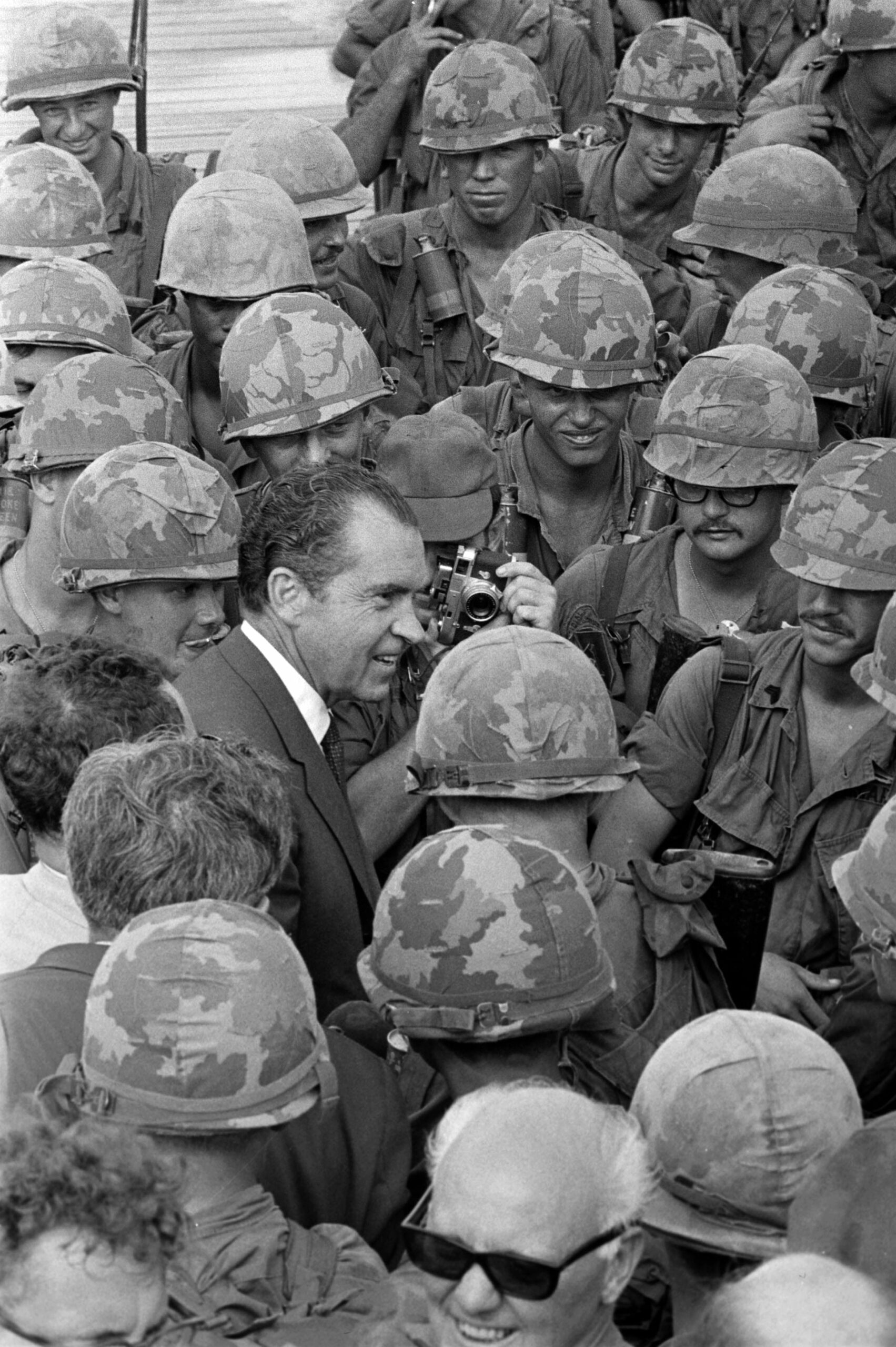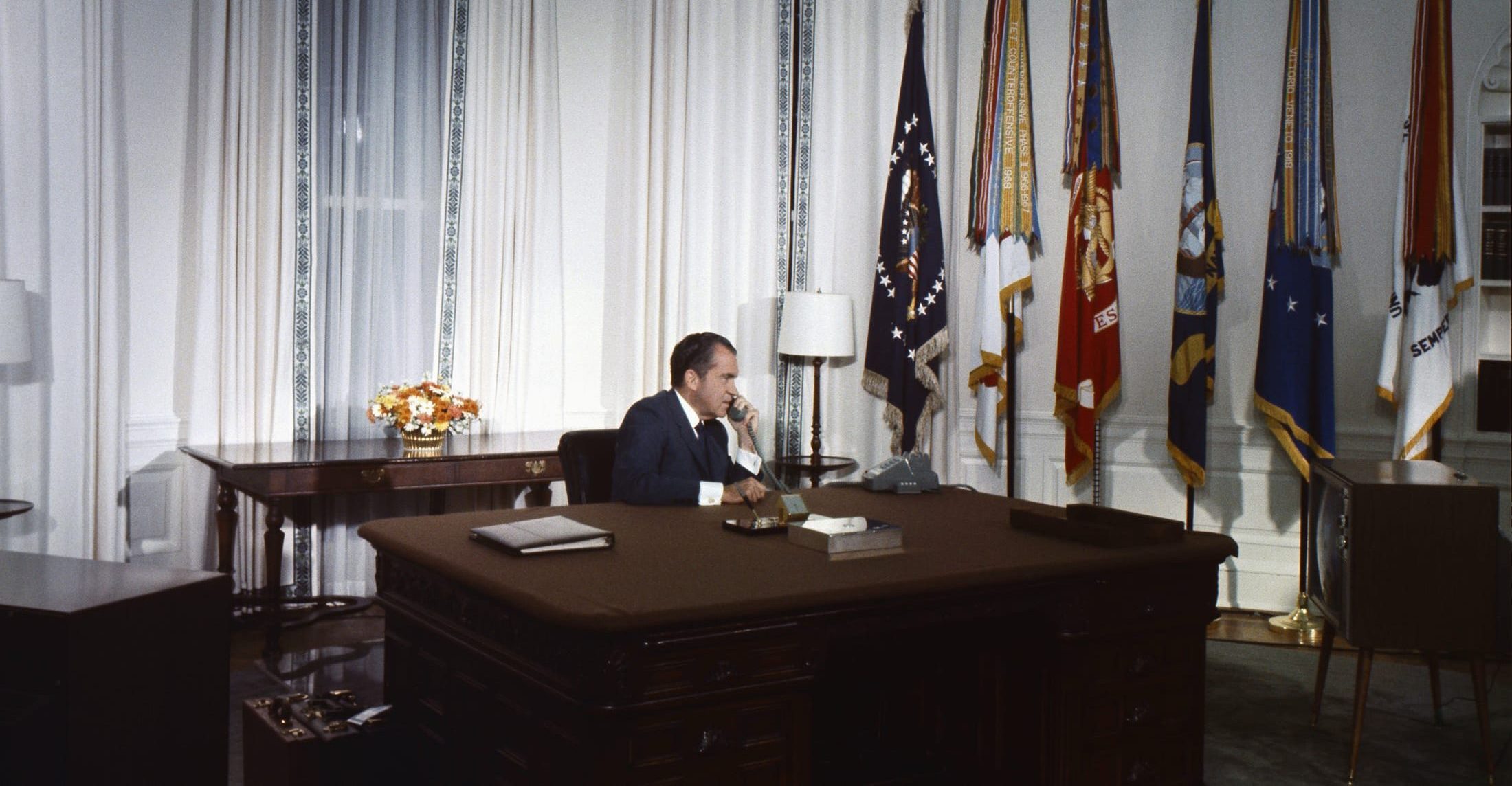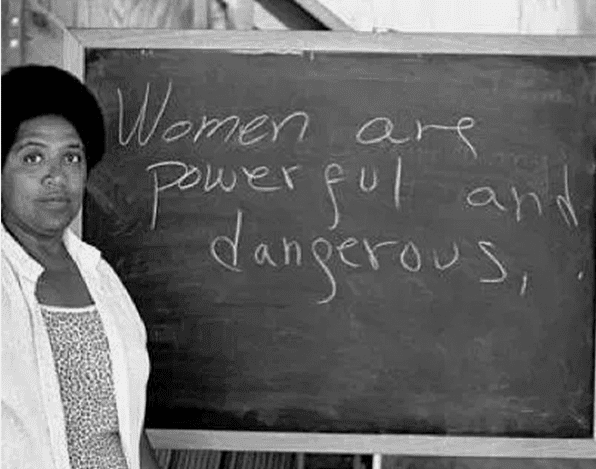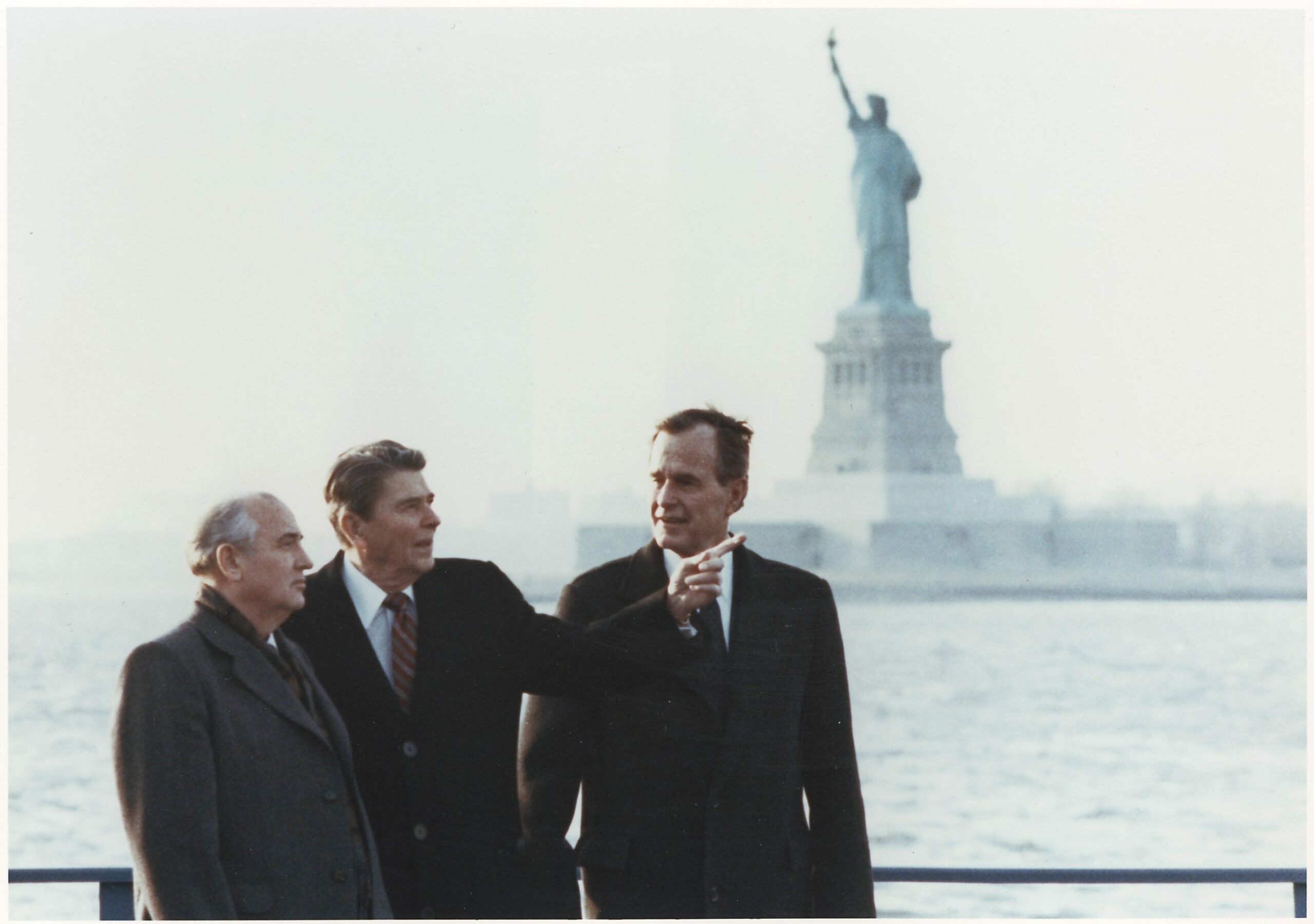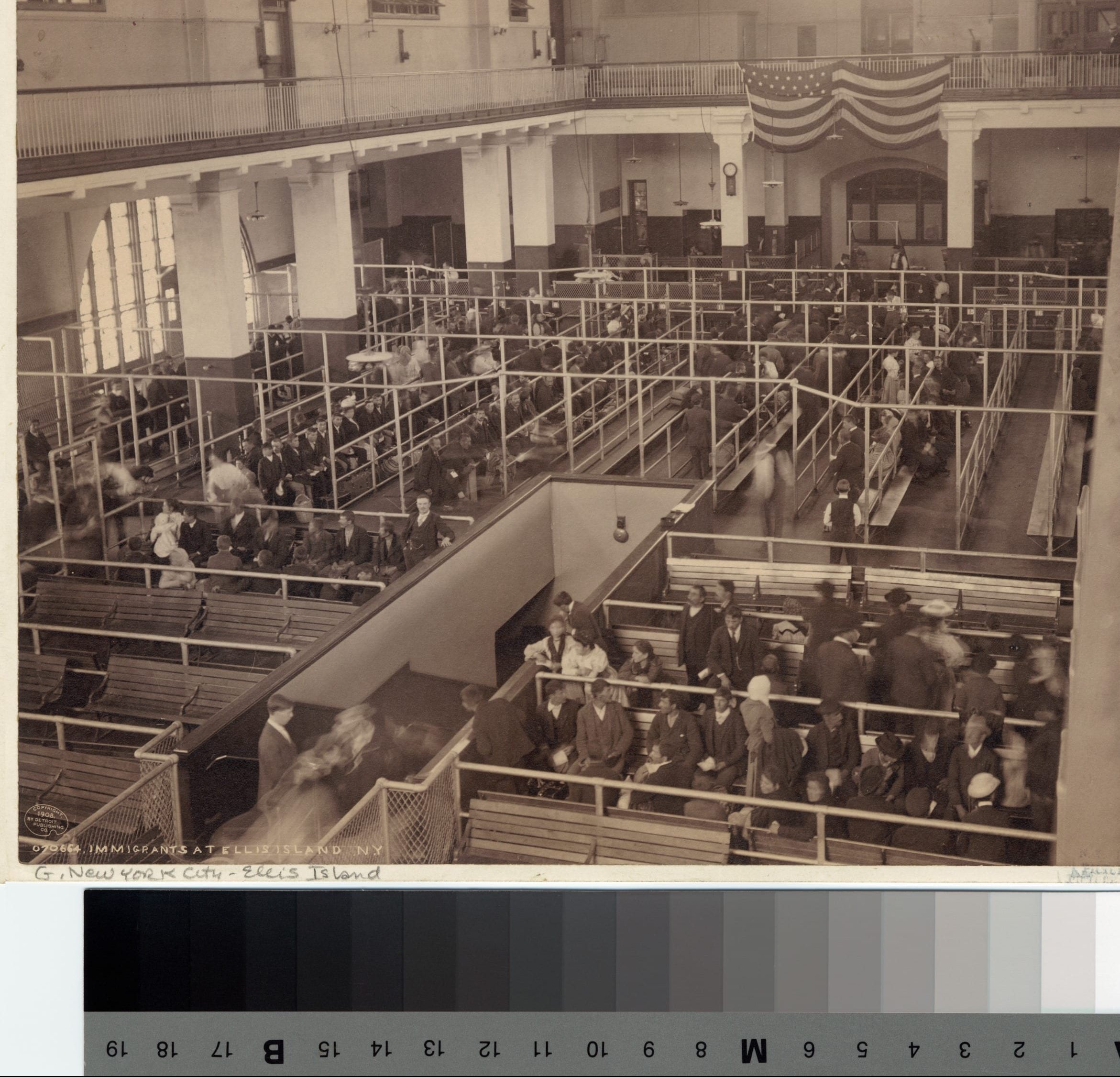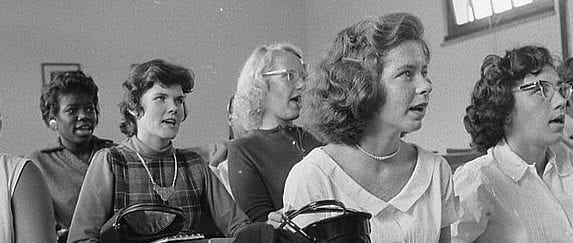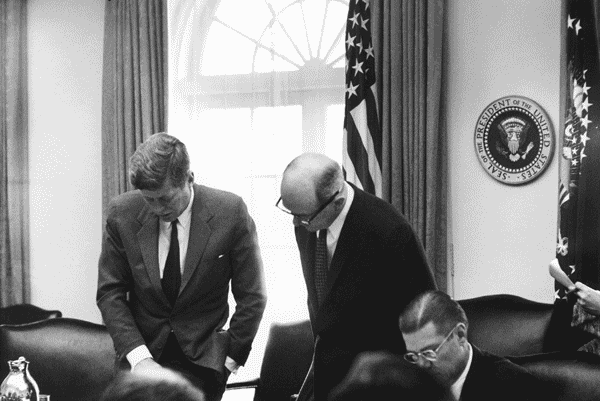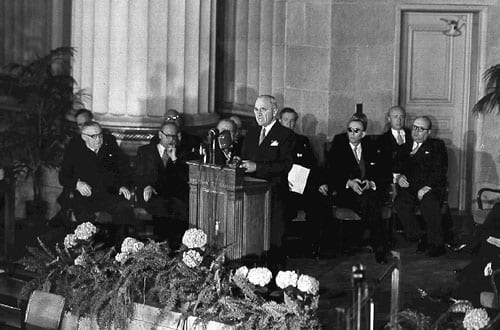
No study questions
No related resources
Mr. President, I rise to speak briefly and for the first time in what I believe will be an extended debate on the matter before us, Senate Joint Resolution 28. I wish to address this subject in the context, as I see it, of the historical experience of the American Constitution and the American political system.
I suppose the first thing to say, Mr. President, is that there is no fact more singular about our Constitution than its durability. As a written constitution, it is the oldest in the world save only for the medieval Constitution of Iceland, which still persists in that small nation. No other large industrial, and certainly no continental, nation has anything like our experience of a sustained and stable government under a constitution basically unchanged from its original construction.
We, I think, do not understand how singular this history is; and if I may make a personal comment, I recall that one afternoon in the General Assembly Hall of the United Nations, in the course of a long debate on a not altogether absorbing subject, I found myself looking at the two large scoreboards, as one might say, located in the front of the Assembly Hall, on which the member nations are listed and where their votes are recorded.
I found myself asking how many of the 143 — now 154 — nation member of the U.N. had existed in 1914 and had not had their governments changed by force since 1914. It was not a great exercise to determine that in that great universe of nations, exactly seven met both those criteria, that they both existed in 1914 and had not had their form of government changed since.
There are some who might ascribe our good fortune to the insularity of the Nation in its early years, and the size and strength of the Nation in its later years. But I would say that in no small measure it has also been the result of the genius of the American Constitution and the way it has served this political community for almost two centuries.
I would not disguise, at the outset, my sense of the measure before the Senate today, proposing the abolition of the electoral college, to state that in the guise of perfecting an alleged weakness in the Constitution, it in fact proposes the most radical transformation in our political system that has ever been considered – a transformation so radical and so ominous, in my view, as to require of this body the most solemn, prolonged, and prayerful consideration, and in particular a consideration that will reach back to our beginning, to learn how we built and how it came about that we built better than we knew
Mr. President, at the base of Capitol Hill, just a few feet outside this chamber to the west, looking west past Schrader’s great equestrian statue of Grant, past the Washington Monument, and on to French’s seated Lincoln, is a bronze statue of John Marshall, also seated. It can not altogether by chance be that these four men, defining the unity and tension of the active and contemplative in American public life, should be the only persons so honored on the central axis of the Mall. Nor is it chance at all that a marble tableau on the northeast face of the plinth of the Marshall statue depicts, in the allusive but plain language of our time, the scene Minerva dictating the Constitution to Young America.
This statue, erected in 1884, suggests that a century into our Constitutional experience we had a live and vibrant sense that our Constitution was constructed by persons who had studied history and had come to what they viewed as a new and better understanding of what they thought might well be judged the principles of history.
I begin at the beginning with the Declaration of Independence and the “self-evident truths,” as they were termed, by which the new Nation sought to justify its revolution and its new form of government.
As the late Martin Diamond has reminded us, the political credo of the Founding Fathers, encapsulated in the words of Jefferson, was based upon the scientific and philosophic advances of the 17th and 18th centuries. The respect for human rights which constituted liberty as they understood it was not an idiosyncratic value of a remote group of Anglo-Saxons with no claim on any other political culture. It was not a tribal aspect of our inheritance. Rather, it was seen as the primary political good, of whose goodness any intelligent man would convince himself if he knew enough science. In Diamond’s words, “They regarded liberty as a modern idea, as the extraordinary achievement of 17th and 18th century political thought.”
With that achievement in mind, George Washington, for example, said that Americans lived “in an epoch when the rights of mankind are better understood and more clearly defined than at any former period.”
This understanding and clarity were all part of the new “science of politics” to which Hamilton referred in the ninth Federalist Paper. I would cite that passage of Hamilton and his sense of how relevant it was.
He noted that previous republics had had such stormy histories that republicanism had admittedly fallen somewhat into disrepute. This tendency, however, could be overcome, thanks to progress in political science.
And Hamilton went on to say:
The science of politics, however, like most other sciences, has received great improvement. The efficacy of various principles is now well understood, which were either not known at all or imperfectly known to the ancients.
Hamilton went on to cite as examples of “new discoveries” the various constitutional institutions with which we are now familiar: Separation of powers, the system of checks and balances, representation of the people in the legislature, the independent judiciary, and so on.
I will take the liberty to stress once again the idea the Founding Fathers had learned from history — they had studied its principles — that liberty was not just a quality characteristic of the ancient peoples from which the American peoples sprang, but was a principle of government of which any person who would learn enough natural science would persuade himself.
They recognized that republics in the past had been turbulent. They had all studied with great attention the history of Greece and then of Rome, and there were democracies in both places — or republics if they were not democracies — which at certain times witnessed the appeal of one man or of one issue, which would come along and sweep away the judgment of the people and play on the passions of the moment. And in the aftermath, what would they find but a ruined and defunct republic and a tyranny in its place?
So they developed these new discoveries, as they saw them — the separation of powers, the independent judiciary, the representation directly and indirectly of people and States in the Congress, a principle that involved not just one majority, but in the most important sense, two majorities.
All through our system we find majorities at work, but they have to be at work simultaneously. John C. Calhoun referred to them as concurrent majorities, and while he often spoke only of the States and the Federal governments, he perceived a self-evident property of our constitutional arrangements to be found everywhere. The concurrent majority is required between the House of Representatives, based upon the direct election of the people, and a majority in the U.S. Senate, Members of which at that time were indirectly elected through the State legislatures and to this day represents the States and the people of the several States, regardless of their actual numbers. It is a majority of the States which counts in this body, not the majority of the population, per se.
Concurrent majorities are also required between sufficient majorities in both Houses of Congress and the Presidency to enact a law, and the President himself comes to office by having achieved a majority of the electoral votes cast. The power subsequently evolved, but clearly anticipated by the framers — and I think this is settled — that the Supreme Court could review the acts of the Congress and the President in their concurrent majorities, and the majority of the court could judge upon constitutionality.
This is a pervasive and understood principle of the Constitution thought to be — and who would argue that history has not supported that expectation — learned from history. And of all these majorities, none was more subtle or more central to their thinking than the majorities required to elect a President.
Again there would be two majorities, not in any rigid, absolute sense but in the sense that a clear preponderance of choice would emerge. The President would be elected by a majority of the popular vote and by a majority of the States. That has been our principle ever since. It is the principle enshrined in the electoral college, and it has been the basic institution which has given structure to American politics, the politics of the Presidency.
At an early time in our history the electoral college changed its nature from a deliberative body which followed its own will, to a body which simply reflected the majority of the electors as they voted in their several States.
While we are a people very much given to the principle of written constitutional arrangements, I believe we have shown a capacity in our Government to adopt through practice matters which attain to the condition of principle, as, for example, when early in the Republic it became understood that a President would only serve two terms. George Washington established that. And it was a century and a half before it was written into the Constitution. It had the effect of a constitutional principle for all but the experience of one President in a wartime situation, and that was very special indeed. That experience led to its being written down as an amendment to the Constitution itself. When, in fact, an informal constitutional principle was violated it became a formal constitutional provision.
That tradition served us well for a very long period. It served us with respect to the single great problem which republics have always dealt with, which is how to persuade persons in power to leave power. It is a problem which, for example, the republics founded in Latin American in the early 19th century have never successfully coped with, or have rarely done. This led, in the Mexican Republic, for example, to an eventual recognition that no one ever left power of his own accord, resulting in a constitutional provision for only one term and one term only.
Our election of 1800, the most remarkable and most enduring of all political events in our history: the party out of power won an election and the party in power voluntarily left office. It was John Adams who was defeated when the votes finally came in from the South, and he want back to Quincy, Mass., thinking himself a failure, having turned over the Treasury, the Great Seal, and the Army of the United States to Thomas Jefferson. Far from being a failure, he began democracy in the modern world.
He proved that it could work. It does not work everywhere. We are reduced, to this day, to some 35 democratic societies in the world, about the same number there were in 1914, but the oldest constitutional democracy is ours. And it lives under the Constitution established at the outset, a Constitution established with great sensitivity for the need to see what power is never installed, save when it is consented to by more than one majority. That was the principle of the electoral college.
There is another aspect of our Constitution, one, I think, perhaps not always recognized aspect that assumes conflict in political body. This is not ordinary; this is unusual.
There is no prior existence anywhere, even in the ancient constitutions of the Greeks, which recognized that conflict was normal to a political system and needed to be organized and channeled. A much more common assumption was that of monarchy, in which the king is assumed to represent the interests of all, and what the kind does, is by definition, harmonious with the interests of all; or consider the curious doctrine of the Soviets, which we acquire from Marx that such were the basic harmonies of society that, after a period of communism, that state would wither away, it being coercive by nature and there never being any need to be coercive or to coerce in a society where natural harmonies had been allowed to evolve.
James Madison knew better. He knew conflict was normal or perpetual. He also believed it could be controlled. And, of course, again, an extraconstitutional institution emerged, one which, interestingly, the founders had feared, but to which they very clearly lent their formidable energies and enterprise. The political party emerged. And from the beginning of the Republic, or to be more precise, from 1796, the third election, political parties developed for the purpose of organizing conflict and limiting conflict.
Only once have we seen them disappear in that brief period, in the 1820’s, in the election of 1824, with the first appearance of the so-called faithless elector, when Mr. Plummer of New Hampshire decided that only George Washington should be entitled to the honor of having been unanimously elected by the electoral college, and so cast his vote for John Quincy Adams. Even there, we see the electoral college being used as an institution to define majorities, and the parties that emerged had as their single most characteristic quality — again different from anything else in the experience of republics — that they were not ideological, that they were not sectional nor confessional, and never, in the two great parties, extreme.
It is a source of needless frustration in the youth of as many generation as this Republic can measure that our parties have not been extreme. And if we look to the question, why have they not been, the answer is that the electoral college makes it impossible for them to be if they are to continue effectively to be parties. Indeed, when some have ceased so to do, they have ceased to exist.
The electoral college requires the assembly of consent — again, concurrent majority — in one part of the country and another part of the country, and yet another part, all defined in terms of several States. It has as its extraordinary ability the formation of consensus as between widely differing regions, political purposes and styles, and political agendas. It has as its purpose and function the narrowing of differences, a narrowing which is repeatedly to be encountered in the narrow range of votes as between the parties in Presidential elections. There are only landslides as we call them.
These landslides are really nothing of the sort. They rarely attain to 60 percent of the vote. When, in fact, one party momentarily belongs to an extreme faction and almost instantly is hugely rebuffed, it has been the experience of two centuries that just as instantly, they resort to a traditional practice of obtaining consensus, retaining a structure of concurrent majorities around the Nation that makes it possible to win a majority of the votes and electoral college, and, thereafter, to govern with the legitimacy that has come of attaining to such diverse majorities.
Mr. President, I recapitulate, to state my judgment — and it can only be mine — that the proposal before us, in the guise of perfecting an alleged weakness in the Constitution, proposes the most radical transformation in our constitutional system that has ever been considered.
I remarked that the Founders devised our system with the idea of a network of concurrent majorities which would be required to exercise power. The fundamental thrust of this measure, however unintended — nonetheless it seems to be ineluctably clear — would be to abolish that principle of concurrent majority.
If there is once introduced into the Constitution the idea that a President may routinely be elected by 40 percent of the vote, you have the most ironic of all outcomes, that in the name of majoritarianism we have abolished even that single majority which the Founders so feared.
Mr. President, politics is an argument about the future, and no one knows that future. However, as Hamilton and his colleagues argued, the study of history can give you some sense of probabilities. If we would study the modern history of Europe as they studied the ancient history of Greece, what would we repeatedly encounter but a democratic-republican society succumbing to a plebiscitory majority and to one man and to the end of the republic?
It happened in France; it happened in Italy; it happened in Germany. Almost the only places it has not happened in Europe, on one occasion or another — I dare to suggest that it is an interesting point — are the constitutional monarchies.
Indeed, there was a moment, not recently, when the only democracies left in Europe were constitutional monarchies — partly because, having a chief of state, they never had to elect one with real power, and they could govern from their legislatures, where members were elected in individual constituencies as is the case in Britain today. They never succumbed to the ever-present threat of an overwhelming issue, an over-powering person, and the end of liberty. That is precisely what we invite if we adopt this radical measure.
Consider the situation: We shall have introduced the runoff, the very symbol of splintered European political systems, where no majority ever can be accumulated by the political process of one party presenting itself to the country and asking for a majority.
Why? Because it maintains its internal cohesion by the narrowness of its agenda, which is always and repeatedly reflected in the narrowness of its votes.
I see that the Senator from Indiana has risen. Does he wish to speak?
Mr. BAYH. I hesitate to interrupt, and I want to hear the rest of the Senator’s remarks; then, by his leave, I would have some observations about them. However, he is such an accurate and precise colleague that I am sure he would want the Record to show, with respect to the kind of runoff provision that exists in Europe, that each of those systems is the result of a majority requirement.
Mr. MOYNIHAN. That is right.
Mr. BAYH. That is not the case in the amendment before the Senate.
Mr. MOYNIHAN. The Senator is correct in that. I was about to develop the idea, if I may.
Mr. BAYH. I just wanted to point out that if one is talking about splinter parties being the result of runoff, one can not ignore the fact that the 40 percent provision, which was recommended by the American Bar Association, was chosen specifically to negate the possibility of having minority parties or to minimize the possibility of having minority parties.
Mr. MOYNIHAN. Mr. President, if the Senator will yield, I appreciate his great courtesy and learning in this matter. My point is simply this, that there are two ways to maintain a political party. Roughly speaking, there are two models.
On the one hand, one can assemble a narrow agenda of issues and find a constituency that cares strongly about those issues and will vote for one’s party regardless, as long as it maintains that issue, that purity of doctrine, but that constituency will begin to dissolve when that purity begins to be diluted. That is the fate of democracies where it is not necessarily to win a majority of the vote for the first time out, and where it becomes possible to take the chance on winning a majority in the runoff.
The nature of the American political party which, as I said, has been the despair of every generation of college youth since John Quincy Adams, is that it seeks a majority to begin with. It is broad. It tends to dual conflict, to buy very little that is inspiring to youth and much that is consoling to the aged, to wit, a not always pristine consensus.
What will we see if this resolution should come into law? To repeat, Mr. President, we do not know what we will see, but we know what others have encountered. We will see a situation in which at the very least we will have four parties because both of the major parties incorporates within themselves two parties. I can attest to this with some feelings, being a member of that Democratic party within the Democratic Party which is temporarily out of office, and I know that there are Republican colleagues in the Chamber who have also been in that situation. I say, of my good friend whom I admire so much, the Senator from Indiana, that in the main, his Democratic Party is in office at this point. And so it goes.
One of the great facts of the electoral college is that after the party convention takes place the party that loses stays in the party, so to speak. Otherwise, there would be no prospect, even for the minimal rewards that go to the losing faction. Why not go off and run on your own?
Conceivably, at least four people will run. It will become normal. It would be not be abnormal for 14. And you get a kind of randomness in outcome that is characteristic of a purposeless system and anyone feeling strongly, as people will, and legitimately, about issues, will say:
What if I run and get 19 percent of the vote, and the next highest person get 24 or 39, and together we go into the runoff, and who knows but that I will emerge?
It will be a normal and legitimate calculation, and it will be a calculation that will have as its most distinguishing characteristic that no one would any longer think of those units of government, the States, which more and more, as we progress into the 20th century, become indispensable to the management of a governmental system which is increasingly loaded with tasks.
Theodore H. White, in a graphic description of events on election night as he would foresee them, suggests all the drama would leave as the early returns when Massachusetts, South Carolina, and Florida came in and then the great progression across the continent to California, Alaska, and Hawaii. To the contrary, as the undifferentiated votes mounted up, the pressures would be on the Mountain States and then the coastal States and the island State, to get out votes, to change outcomes. There would be genuine pressures to fraud and abuse. It would be an election no one understood until the next day or the day after, with recounts that go on forever, and in any event, with no conclusion, and a runoff to come. The drama, the dignity, and decisiveness and finality of the American political system is drained away in an endless sequence of contests, disputed outcomes, and more contests to resolve outcomes already disrupted.
That is how legitimacy is lost. That is how a nation trivializes those solemn events that make for the singlemost important ingredient of a civil society, which is trust.
There was once, Mr. President, an acquaintance of mine who served as a diplomatic officer in Southeast Asia during the period of American aid who had a poignant conversation with a friend he had made in that country. The friend was a native to that country. He was leaving, the friend said to him:
You know, you come here and give us this technical assistance and that material assistance but we know that you never give us the one secret you have and we do not and makes all the difference, which is that you trust one another.
And that is what we have to show for two centuries of a Constitution that has made trust possible, partly because it has made conflict visible and manageable.
Mr. President, the present craze for amending the Constitution to cure every imperfection from the common cold to the cold war is not new. But I can suggest that it should be looked at with great care.
There is an experience in my own State. I think how frequently each of us in this Chamber thinks of his own State because that is what he represents and he is unique in that representation. No other State is alike and no two Senators from one State come from quite the same constituency.
In 1858, on March 3, the New York Times reported from Albany that 86 State Senators had presented a petition so brief and so explicit to the times that they gave it lines in the Times, and I read the petition. It said:
The undersigned citizens of the State respectfully represent that owing to the great falling off of the canal revenue as well as the increasing drafts upon the State Treasury and the large expenses of carrying on the several departments of the State Government thereby swelling up the taxes, therefore, with the view of relieving the people from the large amount now unnecessarily expended to sustain the executive and legislative departments and to secure the honest and better administration thereof, your petitioners respectfully ask that your honorable body pass an act calling a convention so to alter the Constitution as to abolish both the executive and legislative departments as they now exist and to vest the powers and duties thereof in the President, Vice President, and directors of the New York Central Railroad Company.
The Times reported that this was intended as a joke. But in no time at all it passed the Senate. It thereupon passed the assembly, and the following autumn failed of adoption on the ballot by 6,300 votes.
I mean no immediate parallel, Mr. President, but we have before us an amendment designed to abolish the Democratic and Republican Parties and vest their present powers in the President, Vice President, and the directors of the National Broadcasting Corp.
The reign of television will be Orwellian and the Republic would decline. Have we not enough of this? Do we not realize that we are not on the edge of being required by the States to call a constitutional convention, for the purpose of putting algebra into the Constitution? But once the constitutional convention convenes they need no more stop than when they gathered in Philadelphia for the same purpose in 1787.
Mr. President, there is a solemn obligation of persons who have been blessed, as we have been blessed, by a stable political system to look to that stability as the most precious inheritance anyone can have. Look about the world and think of the experience of mankind in this generation. Ask what society has lived from 1813 without foreign invasion. Ask what society has never known a break in its congressional or presidential or judicial successions. Ask what society so accepts the principles of the Constitution as to enable the Supreme Court, appointed for life, to strike down laws of this very legislature, and to do so with heightened respect when it fulfills its constitutional mandate.
Ask what the legitimacy of justice is once we tinker with the balancing phenomenon of the electoral college.
We have a republic. It has endured. We trifle with its arrangement at a risk not only to the future of that republic, but, most assuredly, to the reputation of this generation of political men and women.
It is one thing to be, as often as we must feel we are, outthought and outperformed by our predecessors, but are we so to undervalue our own worth as to fall into an almost destructive and adversarial relation to their work?
I would hope not, Mr. President. I respect altogether the purposes that prompt this amendment. I suggest they may easily be remedied by an arrangement which abolishes the individual office of the elector. Indeed 19 States already require that electors vote as their majority dictates. But the remedies are simple, and surely the experience of a people long accustomed to the successful government in a given arrangement owing to hypertechnical problems, emergencies that do not arise, have never in our time arisen.
Mr. President, there was a time when it was in the 19th century that on patriotic occasions, and on almost any occasion that gave the opportunity, Americans would rise and offer the toast to the President and the Constitution of the United States, so intermittently did they associate those institutions.
I hope the day does not come when tearing the Constitution asunder we effectively diminish the role of the President of the United States to a man or woman so narrow in his or her base that the opportunity to continue in office, the desire to do so, because of the intensity of factions there that brought the person there in the first place, and the narrowness of base that threatens that incumbency, proceed to animate in the Presidency the most unpresidential and antirepublican of temptations.
We have prospered and endured. Let us hope that we shall continue to do so. There is work aplenty before this Congress. Let us get on with that work and leave the Constitution be. If the time comes when the true experience of an emergency arising because of the extraconstitutional practices that obtain as to the condition of principle, as was the case when the two-term practice was broken and Congress and the State legislatures therein did react, and react effectively, that time can come. But let us wait until its necessity is plain.
I thank the Chair.
President Carter’s News Conference
November 28, 1979
Conversation-based seminars for collegial PD, one-day and multi-day seminars, graduate credit seminars (MA degree), online and in-person.

